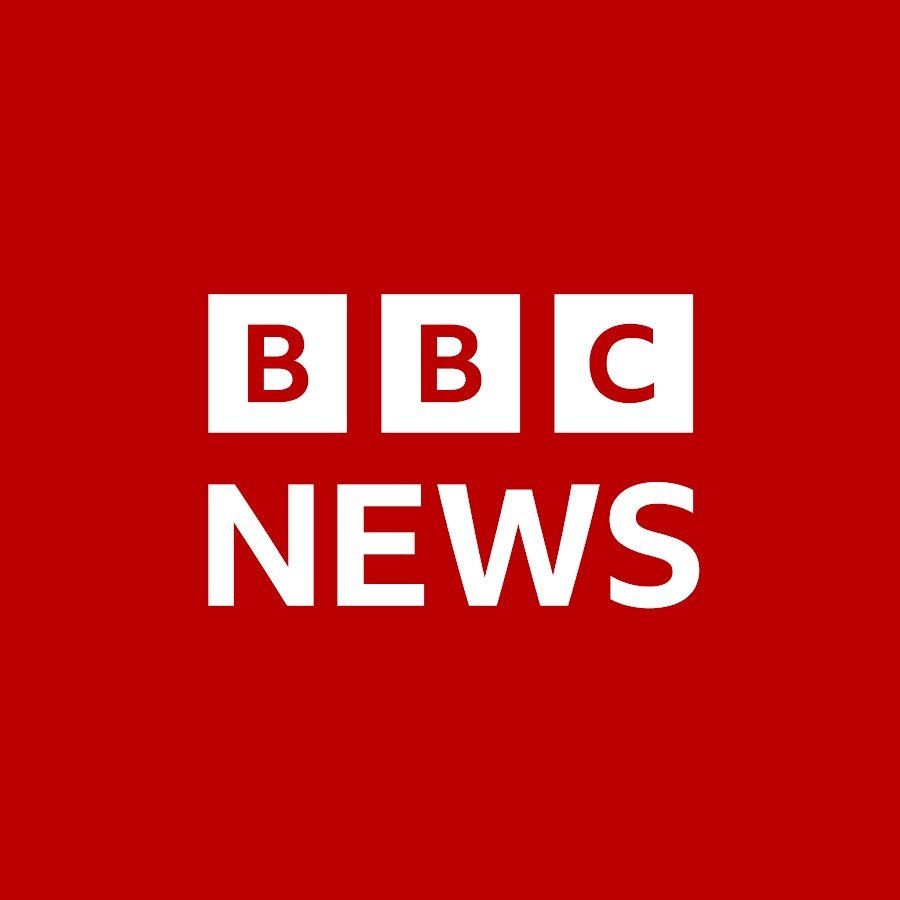THE BBC’S QUIET WAR FOR SURVIVAL
THE BATTLE FOR THE AIRWAVES
The BBC World Service, long the stiff-upper-lip voice of British reason, is now rattling its tin cup at Westminster. The World Service is asking the UK government to pick up the tab for its global news operation — a bill that’s grown harder to manage while Vladimir Putin and Xi Jinping are flooding the airwaves with cash-fueled propaganda. If the BBC was a boxer, it’d be in the 10th round with a bleeding nose and busted gloves, while Russia and China are still bouncing on their toes, throwing punches with pockets full of gold.
PROPAGANDA ON THE MARCH
While the BBC scrambles to stretch its shoestring budget, Moscow and Beijing are pouring an eye-watering £8 billion a year into state-backed media. Meanwhile, the BBC is limping along with a measly £400 million — barely enough to keep the lights on in some regions. Russia’s Sputnik Radio isn’t just filling the gaps; it's walking into abandoned BBC offices like it’s claiming squatter’s rights.
CUTS AND CONSEQUENCES
The financial squeeze has already turned the BBC World Service into a game of media Jenga. In Lebanon, when BBC Arabic radio fell victim to budget cuts, Russia’s Sputnik Radio swooped in like a vulture, hijacking the old frequency and broadcasting whatever Kremlin-approved nonsense fits the hour. BBC Monitoring, once the world’s best disinformation watchdog, has also been gutted — like trading a German Shepherd for a deaf Chihuahua and hoping no one notices.
THE RETURN OF GOVERNMENT FUNDING?
BBC bosses now want the UK government to take the financial wheel again — a return to pre-2014 funding when the World Service costs were covered directly by the state. But Chancellor Rachel Reeves is already juggling Prime Minister Keir Starmer’s £6 billion defense spending hike, and cash for the BBC may feel like a luxury Britain can’t afford. The Treasury’s idea of compromise has been to toss the BBC a few extra pounds — roughly the cost of a round at the pub — while Russia and China keep buying the entire bar.
THE STAKES ARE HIGH
BBC News director Jonathan Munro has warned that “as press freedom drastically reduces,” disinformation thrives. Translation: If Putin’s propaganda machine keeps gobbling up airtime while the BBC gets muzzled, it won’t be long before fake news becomes the only news in some corners of the globe.
THE RISK WE CAN’T TAKE
If sources like the BBC are drowned out, the world doesn’t go silent — it just starts shouting in Russian, Mandarin, and whatever nonsense Steve Bannon's followers are muttering that week. The vacuum left behind isn’t filled with thoughtful debate or sober analysis — it’s filled with conspiracy grifters, nationalist chest-beating, and authoritarian narratives wrapped in shiny graphics. Whether you love or hate the BBC, it's one of the few institutions that still reports on global events without answering to a dictator or a billionaire media mogul.
The BBC World Service isn’t perfect, but if it vanishes, the world will be stuck sorting fact from fiction with fewer lifelines to hold onto. And in the age of deepfakes, propaganda networks, and state-sponsored lies, that’s a risk no one can afford.



THe BBC World Service is fantastic— we get 6 hours of it through the day/night here in MN via MN Public Radio. The BBC’s programming is broad and deep. So much more than the World Service— but when I hear WS programming, I’m amazed at what they cover, and *how*, especially in some of the interviews, which are much more aggressive and penetrating than US interviewers’ manage.
Sports. Arts. General entertainment. One of the great weather services, and one of the oldest. Anyone wanting to dive into what they do with that measly 400 million GBP might start with the Wikipedia page. Scroll down to the long blue list; and click on a few, esp BBC Television, which has the famous/notorious BBC channels 1, 2, 3, & 4, each with a different sort of programming.
https://en.m.wikipedia.org/wiki/BBC
This is abysmal. We gotta donate to these entities to keep Truth alive ✌️.